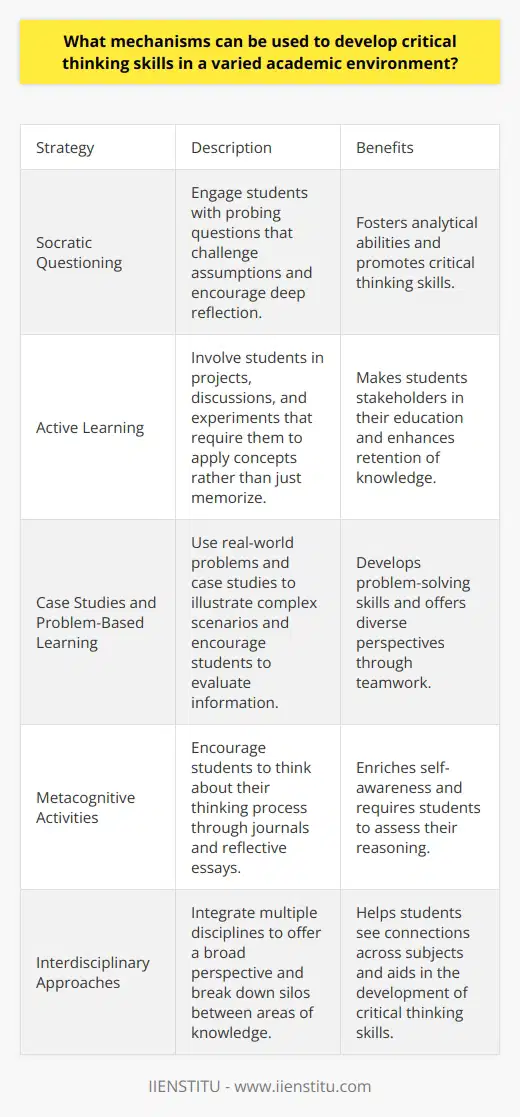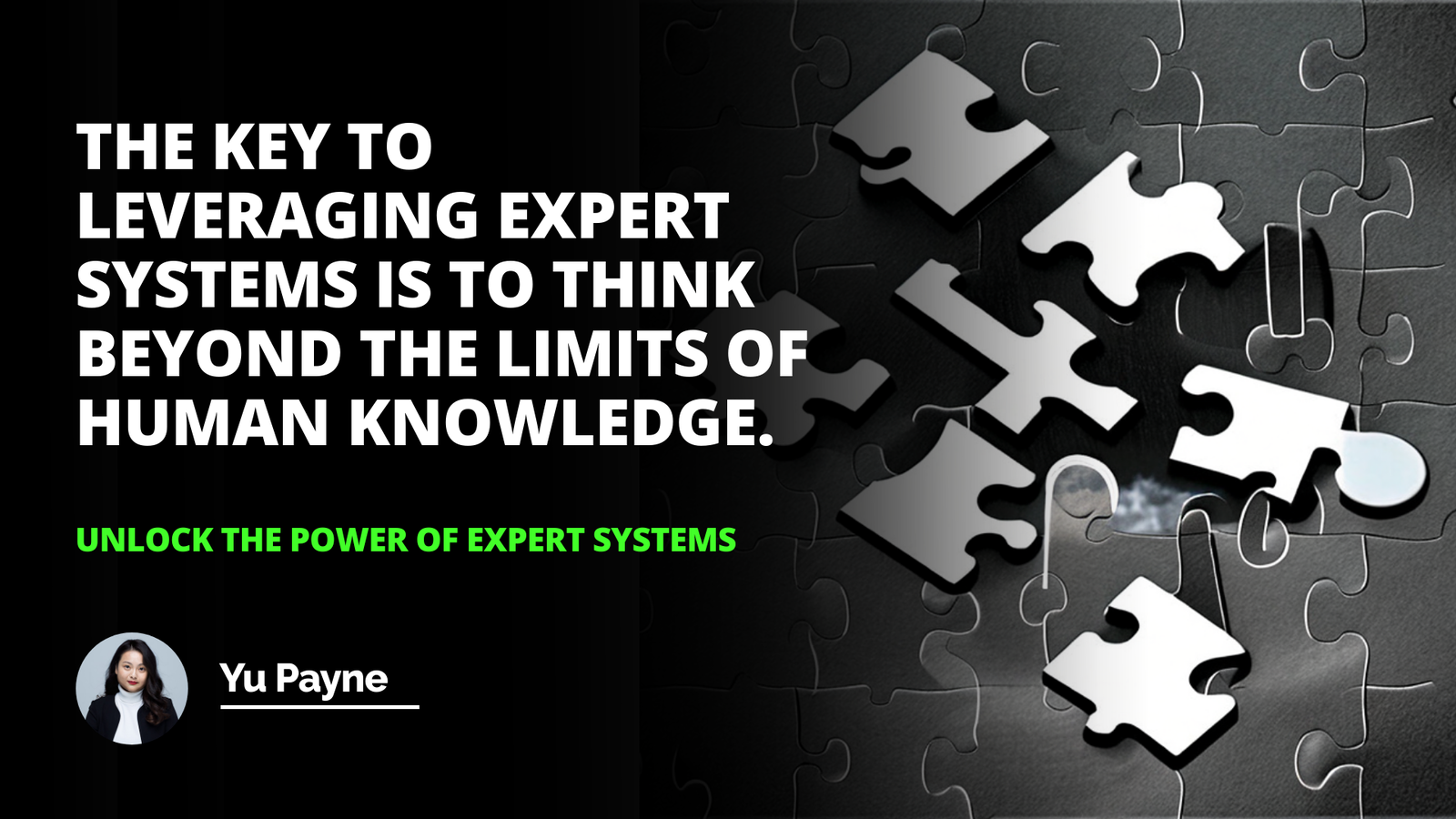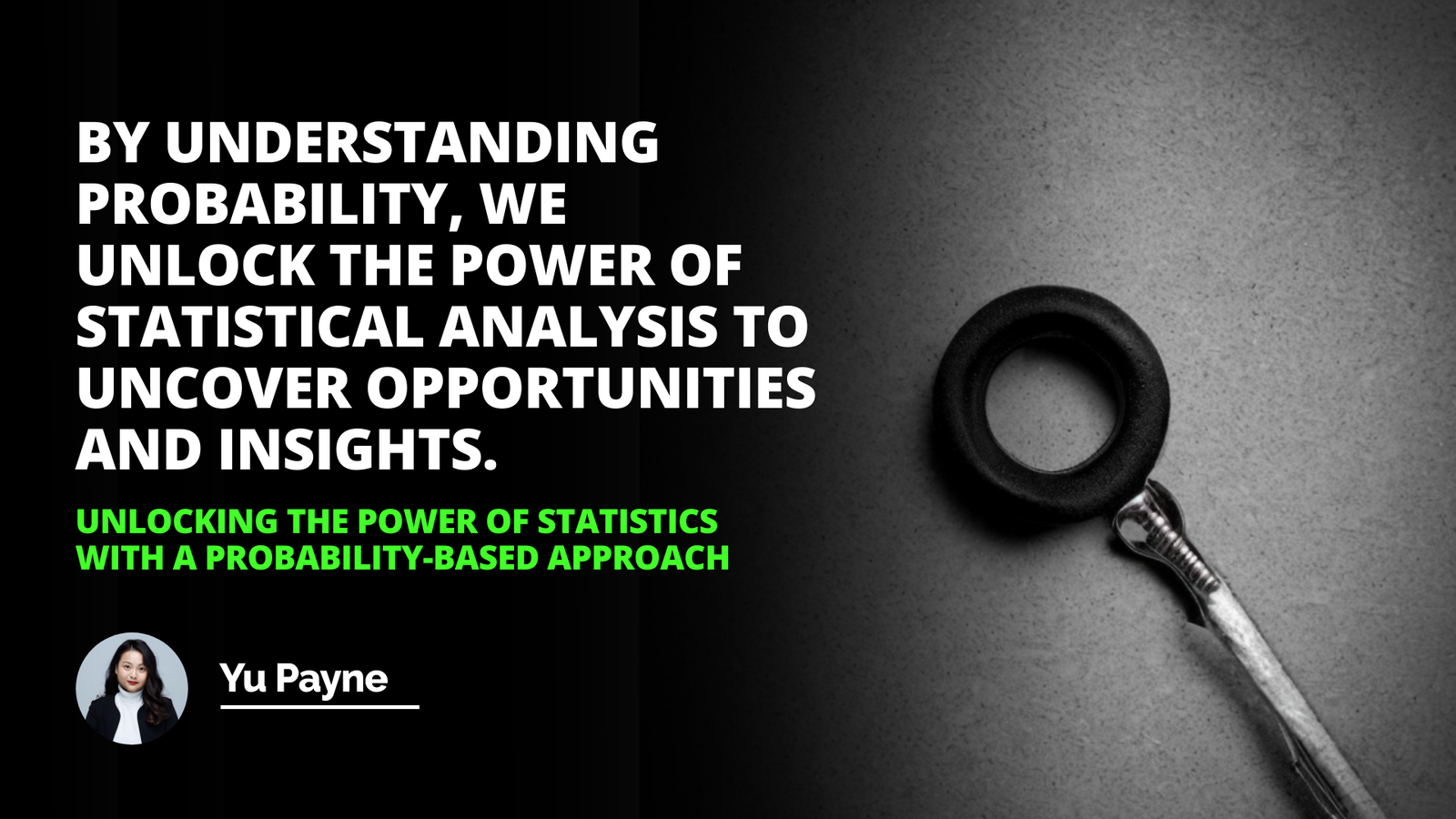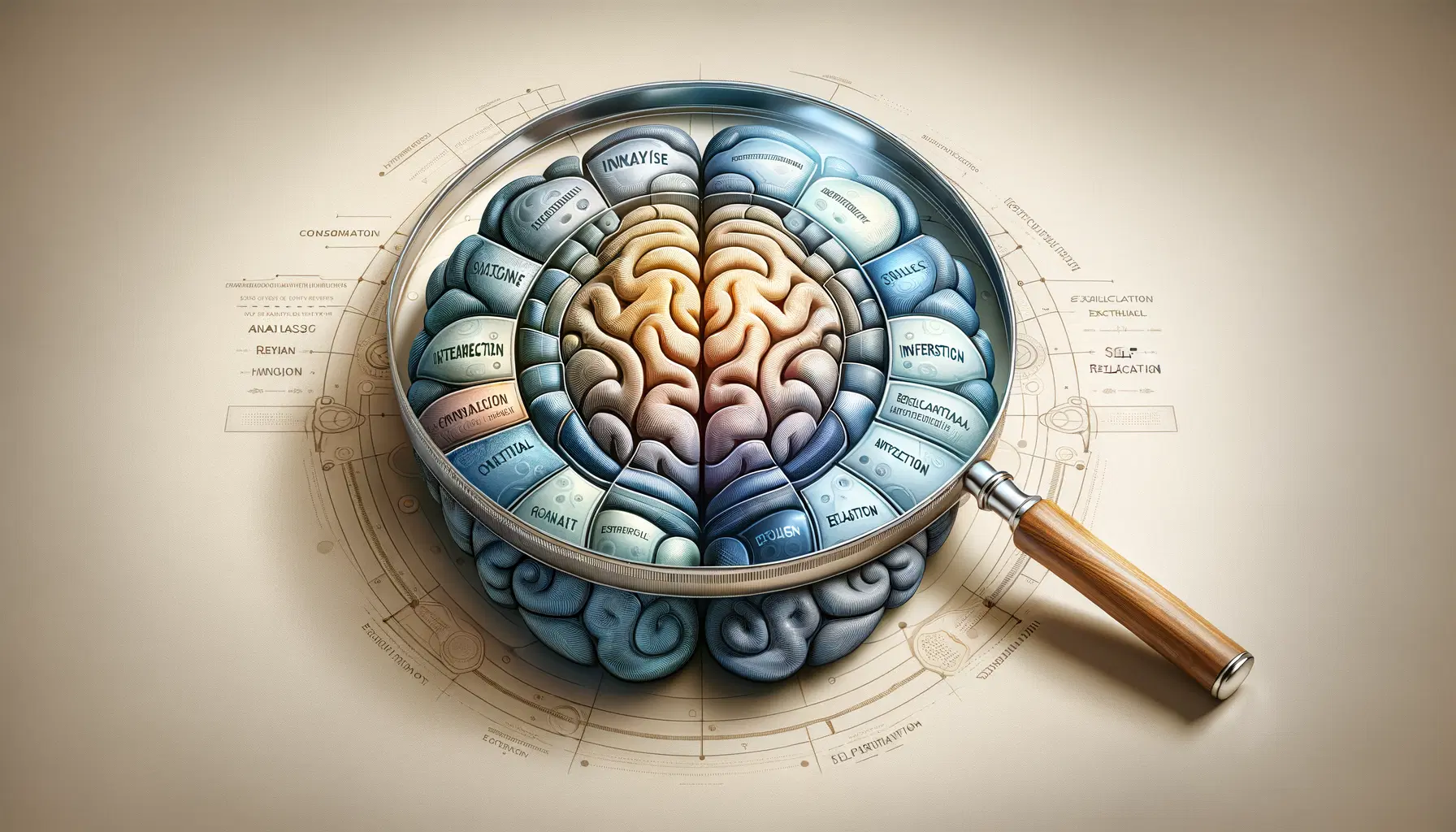
It all started with a note from my professor on my essay, 'Good effort but try to think more critically.' At that moment, I realized I had no clear understanding of what she meant. Wasn't I already thinking? This simple comment sparked a personal journey into the world of critical thinking—a skill that, unbeknownst to me then, would become invaluable in every aspect of my life.
Understanding Critical Thinking
What Exactly Is Critical Thinking?
For the longest time, I thought critical thinking was just about criticizing something—pointing out flaws and problems. But as I delved deeper, I discovered it's so much more than that. Critical thinking is the ability to analyze information objectively, evaluate different perspectives, and arrive at a well-reasoned conclusion. Imagine being a detective in your own mind, sifting through clues to piece together the larger picture. Critical thinking isn't just for scholars or philosophers—it's essential for our everyday choices. Whether you're deciding which news sources to trust or figuring out the best way to solve a problem at work, these skills are invaluable.
Common Misconceptions I Encountered
One of the biggest misconceptions I had was confusing skepticism with negativity. I used to believe that questioning everything made me a pessimist. However, I eventually realized that healthy skepticism is about being open-minded and analytical—it's not about rejecting information outright, but rather not accepting it without question.
Another misunderstanding I had was thinking that critical thinking stifles creativity. In fact, I've discovered that it actually enhances creativity by enabling me to dive deeper into ideas and explore alternatives I hadn't considered before.
How Critical Thinking Relates to Reasoning and Argumentation
During a lively debate with a friend about environmental policies, I came to see how critical thinking, reasoning, and argumentation are deeply connected. I realized that the discussion became much more constructive when I presented my points in a logical way and supported them with solid evidence. It wasn't about proving who was right; it was about finding common ground.
Reasoning helped me link various pieces of information together, while argumentation allowed me to express my ideas clearly. Critical thinking acted as the thread that tied everything together, making sure my conclusions were both reasonable and well-grounded.
The Elements of Critical Thinking
Differentiating Between Fact and Opinion
I once got into a friendly dispute over the statement, "Video games are bad for you." Initially, I took it as a fact, but upon reflection, I realized it was more of an opinion. This led me to understand the importance of distinguishing between facts—statements that can be proven—and opinions, which are personal beliefs or judgments.
To practice this, I asked myself, "Can this be verified?" or "Is this a subjective interpretation?" This habit has been beneficial when scrolling through social media, where facts and opinions often blur.
Evaluating Information and Its Sources
In today's digital world, we're constantly flooded with information. I remember once sharing an article about a health scare, only to discover later that it came from an unreliable source. That experience made me realize just how crucial it is to check the credibility of what we read.
Now, I make it a point to check the author's background, the publication's reputation, and see if other trustworthy sources support the information. Fact-checking websites like Snopes have become a valuable resource for me when I come across questionable claims.
The Art of Argument Analysis
Understanding the components of an argument has been a game-changer for me. I learned to identify premises (the supporting statements) and conclusions (the main point). This skill came in handy when negotiating a project proposal at work. By clearly outlining my premises and how they led to my conclusion, I was able to present a convincing case to my team.
Embracing Logical Reasoning
Logical reasoning has helped me make sense of complex situations. For instance, when planning a trip abroad, I used deductive reasoning to determine the best itinerary based on budget, time, and interests. It ensured that my decisions were coherent and aligned with my overall goals.
Enhancing Critical Thinking Skills
Practical Strategies That Worked for Me
One strategy that’s been particularly effective for me is asking open-ended questions. Rather than just accepting information at face value, I push myself to ask "how" and "why." This approach not only helps me gain a deeper understanding but also reveals any hidden assumptions.
Another technique I use is engaging in conversations with people who hold different viewpoints. This allows me to see things from different angles and challenges the strength of my own beliefs.
Overcoming Challenges in Developing Critical Thinking
Thinking critically isn’t always easy. I've struggled with things like cognitive biases—those unconscious thought patterns that can influence our decisions and judgments. For instance, I noticed I was falling into confirmation bias, where I only looked for information that backed up my beliefs about nutrition.
To address this, I started intentionally seeking out a wider range of sources and viewpoints. Practicing mindfulness also helped me become more aware of my own thought processes and biases.
The Importance of Critical Thinking in Everyday Life
Looking back, I see how critical thinking has permeated every aspect of my life. It has improved my problem-solving skills, decision-making, and even relationships. By evaluating situations more thoroughly, I'm better equipped to handle conflicts and find practical solutions. This underscores the importance of critical thinking in our everyday lives.
Critical Thinking in Education and Career
Critical thinking has been invaluable in my educational journey. It enabled me to write better essays, participate in meaningful discussions, and excel in research projects. In my career, it's been just as important. Employers value critical thinking skills because they lead to innovative solutions and efficient problem-solving.
Benefits of Critical Thinking
The benefits are manifold. Critical thinking enhances creativity by encouraging us to explore ideas more deeply and consider alternatives we hadn't initially considered. It promotes independence by empowering us to make decisions based on sound reasoning. It also fosters resilience by preparing us to face complex problems and adapt to changing circumstances.
Conclusion
My journey into critical thinking has been enlightening and empowering. It's given me a more precise and discerning lens through which to view the world. I encourage everyone to embark on their journey of developing critical thinking skills. Not only does it lead to personal growth, but it also contributes to a more thoughtful and informed society.
For those interested in improving their critical thinking, I recommend the book Critical Thinking: A Beginner's Guide and online practical courses.
Frequently Asked Questions
What are the major barriers to the effective application of critical thinking?
Understanding Critical Thinking Barriers
Cognitive Limitations
Inherent biases shape our views. They often hinder critical thinking. Every individual possesses personal biases. These are subconscious and influence decisions. Recognizing these biases is challenging. Overcoming them requires awareness and effort.
Information overload is another issue. Today's digital world bombards us with data. This makes processing information carefully difficult. Essential details may get lost.
Lack of reasoning skills limits critical thinking. Education sometimes focuses on memorization over analysis. Students may not learn to evaluate arguments properly. Practical reasoning skills are crucial. They must be taught and practiced.
Educational Barriers
Educational systems vary widely. Not all systems emphasize critical thinking. Some focus on rote learning. This hampers the development of analytical skills.
Stifled question-asking also poses problems. Educational settings often discourage questions. This can create an environment hostile to curiosity. Knowledge growth requires curiosity.
Limited exposure to diverse viewpoints restricts understanding. Students need to confront different perspectives. Without this, critical thinking is weak. Diversity enriches analytical abilities.
Sociocultural Factors
Cultural norms play a role. Some cultures value conformity. They may discourage independent thought. Society often rewards agreement over critical analysis.
Peer pressure can suppress critical thinking. It can encourage conformity. Standing out is often not celebrated. Individual thought can provoke criticism.
Social media polarizes opinions. It can create echo chambers. Users see reinforcing views only. This promotes one-sided thinking.
Emotional and Psychological Barriers
Stress impedes thinking. It limits the ability to analyze thoroughly. Relaxation aids critical thought.
Fear of being wrong is powerful. Nobody wants to make mistakes. This fear can discourage exploring ideas.
Overconfidence is a trap. Confidence is good. Excess can lead to overlooking evidence. Critical thinkers must remain humble.
Practical Constraints
Time is often scarce. Critical thinking requires time. Busy schedules limit this. People need time to reflect.
Access to information is not always equal. Quality resources are essential. Not everyone has this access.
Training opportunities may be lacking. Workplaces do not always train workers. Critical thinking skills training is important.
Overcoming Barriers
Education and Practice
Encourage questions. Curiosity fosters learning. Asking questions must be normalized in education.
Teach reasoning skills early. Logical evaluation is key. Schools should integrate it into curricula.
Expose students to various perspectives. Diversity strengthens arguments. Opposing views help refine thinking.
Sociocultural Influences
Promote cultural appreciation of critical thinking. Societies need to value independent thought. It enriches communities.
Counteract peer pressure. Individuality must be encouraged. It should be socially acceptable.
Diversify media consumption. Seek out different sources. Avoid echo chambers. Challenge personal viewpoints.
Emotional and Psychological Support
Provide stress management resources. Fewer stressors enable clear thinking. Provide tools for managing stress.
Foster an environment where mistakes are okay. Learning involves failure. Fear of error should not be a barrier.
Teach humility. Overconfidence blinds. Recognize limitations. Stay open to new evidence.
Infrastructure for Critical Thought
Allow for thinking time. Employers, schools, and individuals must prioritize this.
Improve information access. Libraries, internet, and education can offer resources.
Invest in critical thinking training. Workplaces should train employees. Everyone benefits from sharper thinking skills.
Overall, effective critical thinking requires overcoming many barriers. It demands cognitive effort, proper education, supportive cultures, emotional stability, and practical resources. Identifying these obstacles is a necessary first step. Addressing them can create stronger critical thinkers and a more informed society.

How can critical thinking lead to intellectual progress?
Understanding Critical Thinking
Critical thinking underpins intellectual progress. It represents purposeful, reasoned, and goal-directed thinking. Critical thinking requires engaging with ideas. It examines assumptions, discerns hidden values, and evaluates evidence.
Its Role in Knowledge Development
It encourages skepticism and demands evidence. The critical thinker questions everything. What is the source? What is the context? Such questions lead to intellectual rigour. Intellectual progress relies on such rigor.
Critical thinking clarifies goals, examines assumptions, and scrutinizes ideas. Each is vital for intellectual progress. Goals lead thinking. Assumptions can blind us. Scrutiny prevents dogmatism.
Critical Thinking in Problem Solving
Problem-solving benefits from critical thinking. Defining problems is step one. Analyzing them follows. Generating solutions comes next. Critical thinking assists at every stage.
Solutions must be evaluated. They must be compared. Critical thinking facilitates this. It identifies biases. It recognizes flawed reasoning. Thus, critical thinking refines solutions.
Promoting Intellectual Dialogue
Intellectual dialogue requires understanding. Critical thinking aids in this. It seeks clarity in communication. It fosters constructive conversation. Rich dialogue promotes intellectual progress.
It encourages openness to revision. Ideas can change. They often should. Critical thinking embraces this fluidity. Revised ideas can indicate progress.
Encouraging Autonomy in Thinking
Critical thinking cultivates intellectual autonomy. It encourages independent thought. One must analyze, not just accept. Thinkers become self-directed learners.
Intellectual progress needs these autonomous thinkers. They bring fresh perspectives. They challenge the status quo.
Summary
Critical thinking is indispensable. It leads to deeper understanding. It challenges superficial conclusions. It drives the pursuit of truth. Intellectual progress is its natural consequence.
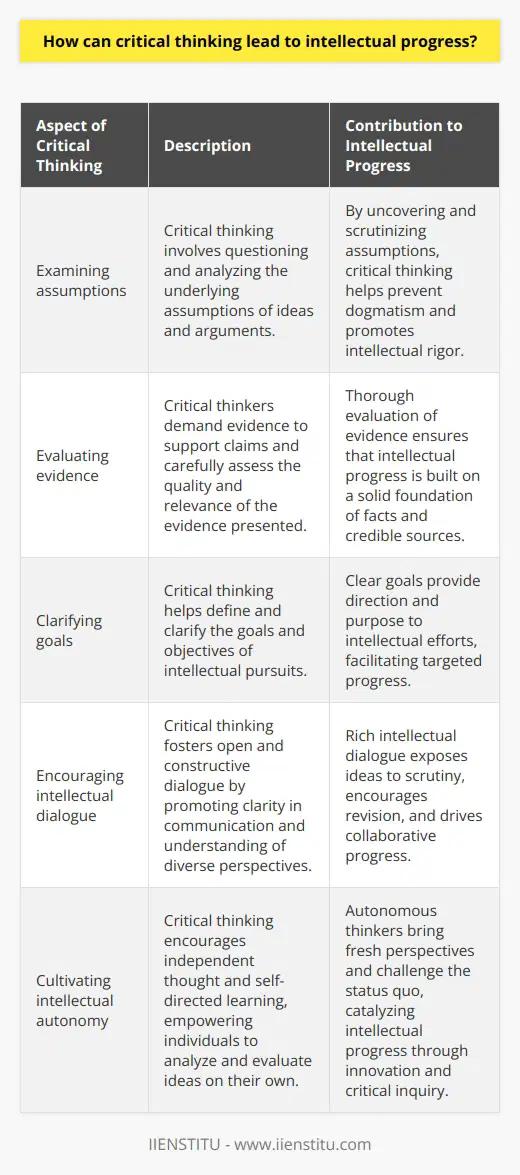
What mechanisms can be used to develop critical thinking skills in a varied academic environment?
Developing Critical Thinking in Academia
Critical Thinking: A Vital Skill
Critical thinking stands as a cornerstone of academic success. It transcends disciplines. Students need this skill to navigate complex issues. Institutions must teach it intentionally.
Fostering an Environment for Critical Thought
Academic environs vary greatly. Yet, each has potential. They can all nurture critical thinkers. A dynamic approach works best.
Strategies for Varied Educational Settings
Engage in Socratic Questioning
Socratic questioning encourages deep reflection. It challenges assumptions. Ask probing questions. Engage students directly. This fosters analytical abilities.
Facilitate Active Learning
Active learning involves students. It makes them stakeholders in their education. Projects, discussions, and experiments work well. They must apply concepts, not just memorize.
Use Case Studies and Problem-Based Learning
Real-world problems aid skill development. Case studies illustrate complex scenarios. Students learn to evaluate information. Problem-solving in teams offers diverse perspectives.
Incorporate Metacognitive Activities
Think about thinking. Metacognition enriches self-awareness. Journals and reflective essays work well for this. They require students to assess their reasoning.
Model Critical Thinking
Instructors are role models. They should display critical thinking openly. Analyze texts or problems in class. Show your thought process.
Promote Collaborative Learning
Group work mirrors diverse work environments. Different viewpoints enhance critical engagement. Collaboration fosters communication and problem-solving skills.
Encourage Intellectual Risk-Taking
Safe academic spaces are vital. Students should feel free to explore ideas. Innovation comes from intellectual risk-taking.
Include Interdisciplinary Approaches
Integrating multiple disciplines offers breadth. It breaks down silos. Students see connections across areas of knowledge. This broad perspective aids critical thinking.
Implement Feedback Loops
Prompt feedback is essential. It guides improvement. Allow students to revise work. Learning from mistakes sharpens critical faculties.
Support a Culture of Inquiry
Curiosity drives critical thinking. Encourage questions. Value the search for knowledge. This culture of inquiry spurs deeper investigation.
Outcomes of a Critical Thinking Curriculum
Students become autonomous thinkers. They can tackle complex problems. Society benefits from informed, critical citizens. The mission is thus clear: cultivate critical thinking across all academic landscapes.
